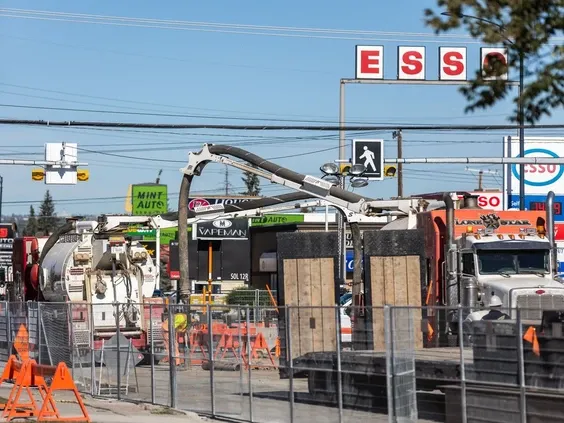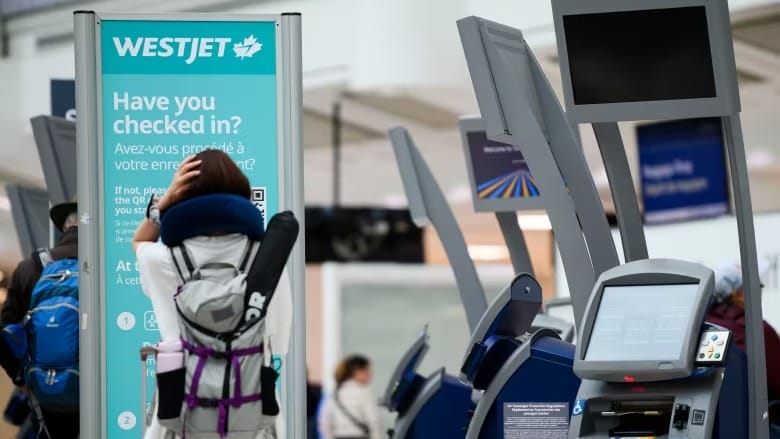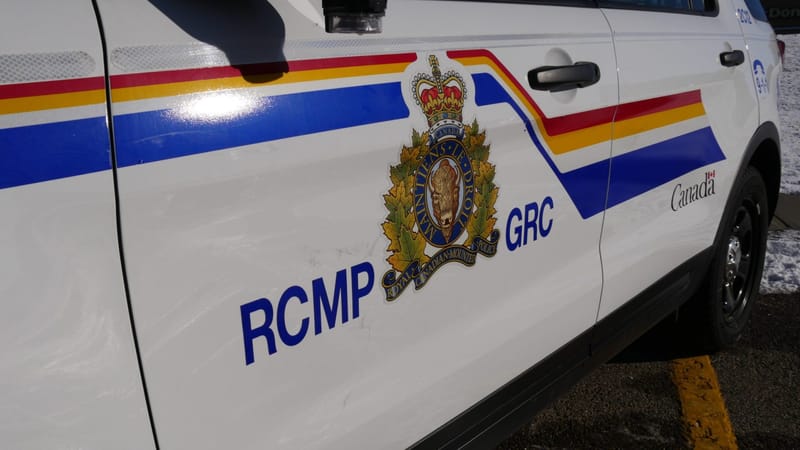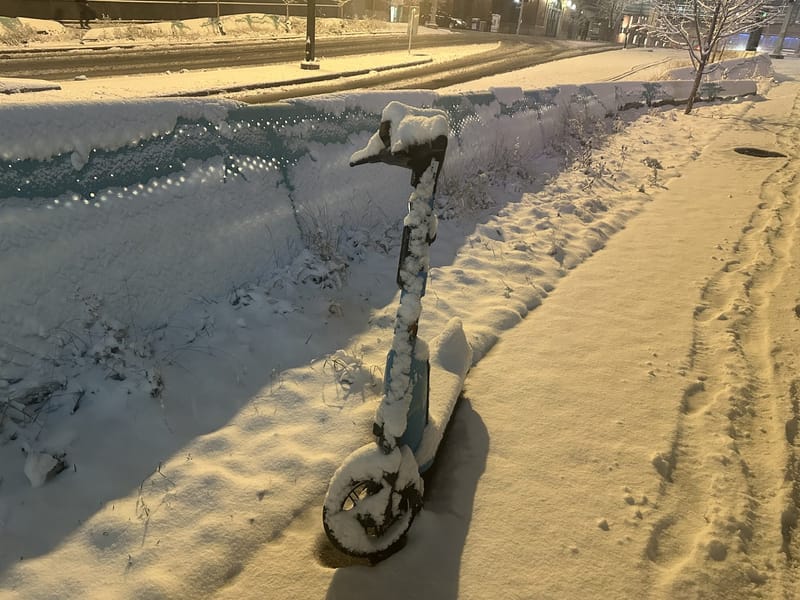Water use spikes to unsustainable level as Calgarians asked to further curb consumption
'Please put off a load of laundry that can wait, remember to flush only when necessary and no outdoor watering with potable water,' said Michael Thompson

Calgary's water system is under increased pressure due to rising demand, prompting city officials to urge residents and businesses on Monday to further reduce water usage.
On Sunday, water consumption hit 509 million litres, exceeding the target of 485 million litres by 24 million litres and surpassing Saturday's usage by 13 million litres. Mondays typically see higher water usage as Calgarians return from the weekend, said Michael Thompson, Calgary’s general manager of infrastructure services.
Although daily water usage during this time of year usually reaches around 600 million litres, an out-of-service Bearspaw south feeder main has hindered the city’s capacity to deliver water.
“I want to thank Calgarians, both residents and businesses, for your collective efforts in saving approximately 100 million litres of water daily,” said Thompson on Monday.
Earlier that day, Mayor Jyoti Gondek, joined by several city council members, urged Calgarians to do more to lower water consumption to safer levels. Thompson added, “Please put off a load of laundry that can wait, remember to flush only when necessary, and avoid outdoor watering with potable water.”
Francois Bouchart, Calgary's director of capital priorities and investment, noted that the city has already achieved 80 percent of its water reduction goal and encouraged residents to help close the gap by reaching the target of 485 million litres. “Reducing the gap is as simple as not flushing or skipping two flushes in a day. That’s very little to ask,” Bouchart stated.
Mayor Gondek expressed optimism about the ongoing repairs to the Bearspaw south feeder main, which initially burst in June. The repair work is halfway completed, with full restoration expected by September 26 following pipe flushing and water testing. Over the next two weeks, repairs will focus on four sites, including 33rd Avenue N.W. in Bowness and three locations along 16th Avenue N.W. in Montgomery.
Bouchart confirmed that as of Monday, repairs have been completed on 14 of the 21 damaged pipe segments, with progress being made on the remaining seven.
Gondek also encouraged Calgarians to support businesses in Montgomery affected by road closures due to repair work. Ward 7 Councillor Terry Wong noted that some businesses have experienced weekly losses of around $10,000.
When asked how the city has managed to maintain water supply despite high demand, Gondek explained that crews had learned from June’s water restrictions and implemented a bypass solution, allowing more water to flow through the system during repairs. The current target of 485 million litres is aimed at protecting the Glenmore Water Treatment Plant, which is currently producing 70 percent of Calgary’s treated water, compared to its usual 30 percent.
Mayor Gondek praised commercial water users for reducing consumption but emphasized the need for further cuts. “They have managed to bring down their consumption significantly,” she said, adding that ongoing discussions are focused on encouraging even more reductions. Residents, she stressed, must also continue to conserve water.
Outdoor water usage is currently banned under Stage 4 restrictions, which have not yet consistently brought consumption down to the city’s 485 million-litre target, up from 450 million litres the previous week. Gondek explained the higher target was set to ensure extra caution while the Glenmore facility is under increased strain.
If a breakdown were to occur at the Glenmore plant, Gondek warned, it could lead to emergency conditions, including a potential city-wide boil water advisory.
Reports of water misuse have continued, with 311 receiving 413 complaints from residential users, 275 from commercial properties, and 126 from multifamily homes. Thompson reported that 29 violation tickets have been issued, including 23 to residential consumers, four to commercial properties, and two to multifamily homes, with each violation carrying a $3,000 fine.
Carolyne Bowen, Calgary’s director of climate and environment, explained that when water use exceeds sustainable levels, the city risks depleting its underground storage tanks. “At this level, we’re not conducting preventative maintenance, and all maintenance activities are reactive,” she said. City officials have warned that consistently exceeding the threshold could lead to a city-wide boil water advisory.





